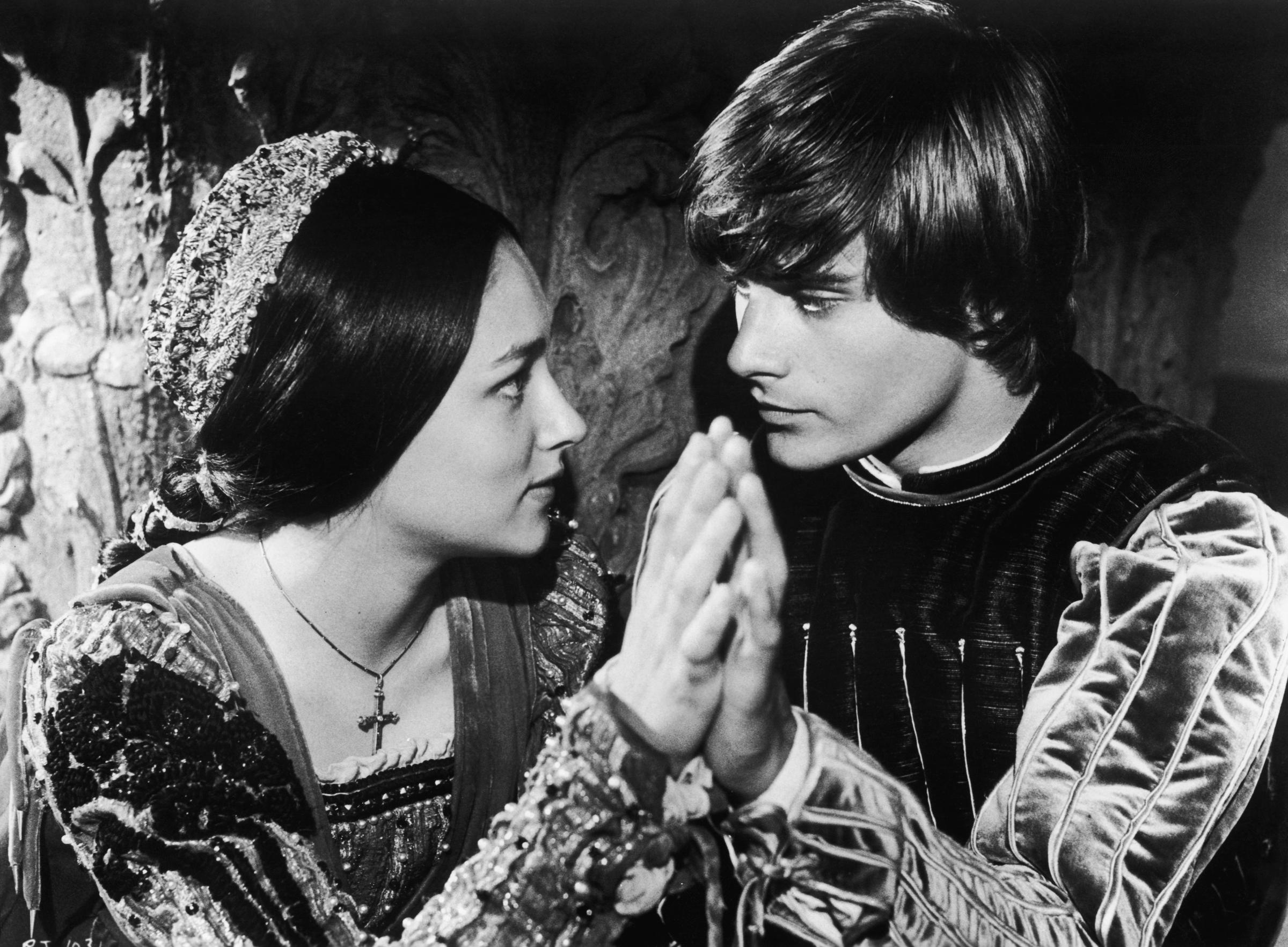It’s time to bring ourselves back online and get back into Westworld, which returns for a second season on April 22.
And what can we expect from this second installment of the HBO hit series? There may be some clues to be found in one key line repeated several times throughout Season 1. Westworld threw the Shakespeare line “These violent delights have violent ends,” from Romeo and Juliet, around a lot throughout the first season. It’s not the only Shakespeare quote we hear, but it seems likely this one is more than merely elegant dialogue.
As Westworld-ologists flood the Internet with mind-boggling theories and some intriguing predictions, let’s discuss why this phrase could become a central part of the new season.
What’s the original meaning of the line?
The line comes from the sixth scene of act two of William’s iconic downer. It’s the friar who says it while he’s secretly marrying Romeo and Juliet. He drops these words to warn the couple about why their love, which is already a lost cause at that point, is doomed. It’s a romance born in bloodshed, a passion that has to be, but we all know this one ends tragically.

What was the point of the line on Westworld in Season 1?
On the series, robots spread the line like a virus that makes the hosts start to “question the nature of their reality.”
When we first meet Dolores (Evan Rachel Wood), she enjoys filling her days riding horses and painting landscapes. That is, until her dad, Peter Abernathy (Louis Herthum) — who turns out to have been a professor of Shakespeare before being reset to his factory settings — whispers this phrase to her. Dolores then rides to town and shares this ominous little phrase from with Maeve (Thandie Newton), who also goes rogue.
Recall that once once the more host-friendly park co-founder Arnold discovered that the hosts were conscious, he tried to ensure the park could not open by merging Dolores’s programming with that of the villainous character Wyatt. He tried to destroy the park by leading her to execute the hosts, kill him, and finally, commit suicide. His last words? “These violent delights have violent ends.”
And one clever redditor even captured a shot of Dolores’ profile to show that, in fact, it functions as the “voice command” that triggers the Wyatt narrative. Just load it up, and she’ll go into kill mode.
We last heard the line in the Judgment Day-style finale. This time it’s Bernard (Jeffrey Wright) who says it, just like Arnold once did, after Dolores kills Ford (Anthony Hopkins), mimicking the same exact kill shot she delivered to Arnold’s head.
So what could that foreshadow on Season 2 of Westworld?
Westworld guests might not have Romeo and Juliet’s passion, but they could face a similar fate. They all have a blast indulging their deepest desires for both sex and violence with reckless abandon. If “turnabout is fair play,” as Shakespeare says, then Wetsworld guests have it coming. It’s not hard to see that they could get a taste of their own violence if a robot revolution succeeds.
But it could also foreshadow a key plot point. The Westworld Season 2 trailer hints that Dolores may take on a revolutionary leader role. Will she be deploying the phrase all over the park to get robots to band together against the guests? Will Bernard, the host version of Arnold, use it to fulfill Arnold’s mission to destroy the park? Can it work on hosts in additional parks as the Westworld universe expands? Will she scream it before she opens fire on guests having too much fun at an orgy? Food for thought.
![WW201_JJ_100517_0406[1].JPG Westworld HBO Season 2 Dolores](https://api.time.com/wp-content/uploads/2018/04/180423097808.jpg?quality=75&w=2400)
Another interesting tidbit that begs discussion…
Let’s not forget what sends Peter Abernathy off the deep end before he gives Dolores this line — because there’s possible Romeo and Juliet connective tissue.
The photo that started it all was a shot of a character, perhaps not coincidentally named Juliet, William’s fiancée and Logan’s sister, living it up in Times Square. That’s the glimpse into the outside world that confuses Peter. Here’s the common thread: Westworld’s Juliet met a similar end to Shakespeare’s Juliet: suicide. The Man in Black (Ed Harris) tells Teddy (James Marsden) and Angela (Talulah Riley) that his wife “took the wrong pills,” before admitting that he later found out she purposely took her own life. Because of him.
With all these Romeo and Juliet parallels, it’s safe to say we should be on the lookout for what this swatch of verse might mean in Season 2 of Westworld.
More Must-Reads from TIME
- Cybersecurity Experts Are Sounding the Alarm on DOGE
- Meet the 2025 Women of the Year
- The Harsh Truth About Disability Inclusion
- Why Do More Young Adults Have Cancer?
- Colman Domingo Leads With Radical Love
- How to Get Better at Doing Things Alone
- Michelle Zauner Stares Down the Darkness
Contact us at letters@time.com